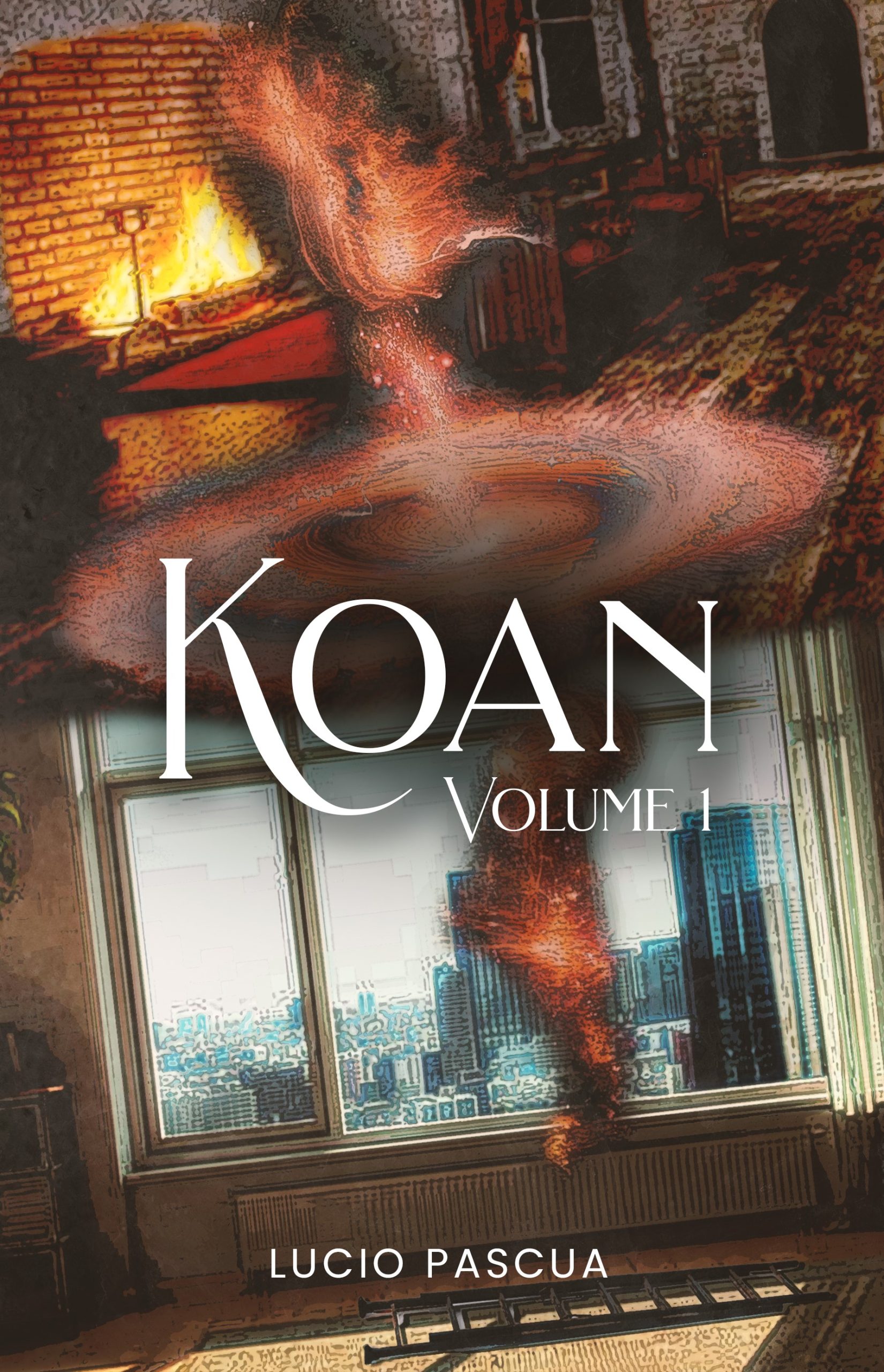What if fate wasn’t a single, unbroken line but a massive, shimmering web, each thread leading to a different version of you? In KOAN by Lucio Pascua, fate is not a fixed point on the skyline; it’s an entire multiverse of choices, chances, and cosmic waves. By giving a fresh look to one of humanity’s oldest questions: Do we control our destiny, or is it written for us? This book offers a thought-provoking narrative and blends it into a philosophical and fantastical journey that stretches across mythical landscapes, political arenas, and inner worlds.

In KOAN, destiny is not just something that happens to the characters; it’s something they actively negotiate. The mythic Guardians, such as the Northern Tortoise and the Eastern Dragon, embody the balance between what must and can be. They act as guides and gatekeepers, reminding readers that there’s room for free will even in a universe shaped by cosmic laws. The Enlightened One, meanwhile, navigates political and spiritual challenges with the belief that the path ahead is never singular; every decision particles turning into reality directions.
This reimagining of fate aligns KOAN with some of the most thought-provoking films in speculative and allegorical cinema. Like Cloud Atlas, it treats lives as interconnected across time and space, where a choice in one life can echo through countless others. Like Everything Everywhere All at Once, it uses the multiverse not just for show, but to ask deeply human questions: Who are we in the versions of ourselves we’ll never meet? What do we lose, or gain, by choosing one path over another?
The book also plays with the tension between destiny and self-determination in ways expressive of Arrival. KOAN suggests that fate might be more like a collection; you can suggest different paths between the stars, but the pattern as a whole still exists. The characters move between acceptance and disobedience, knowing that living fully means engaging with the map and the mystery.
In practical terms, KOAN’s multiverse is a philosophical tool. The shifting possibilities challenge the book’s political leaders, spiritual seekers, and even its villains to confront the consequences of their actions in real time. A decision isn’t simply “right” or “wrong”; it’s an entryway into a reality where every outcome reshapes the whole. It creates a story that’s as much about exploration as resolution, rewarding readers who enjoy stories that leave space for observation.
While the stakes are often cosmic, the emotional core remains intimate. Characters struggle with love, spirit, guilt, and hope, emotions that exceed worlds. That’s why KOAN’s multiverse feels so rich, because it’s not an abstract playground of infinite “what-ifs.” In reality, it is a reflection of our choices, magnified across the scope of eternity.
In the end, KOAN leaves us with a disturbing but inspiring truth that fate may weave the threads, but we are the ones who choose which ones to follow. Author Lucio Pascua thinks that the multiverse is not an escape from fate; it’s an invitation to shape it. And in a world as multifaceted as ours, that’s a concept worth stepping into that we all should explore in depth.
So, are you ready to experience the amazing?
Get your copy on Amazon: https://www.amazon.com/dp/1968615466.